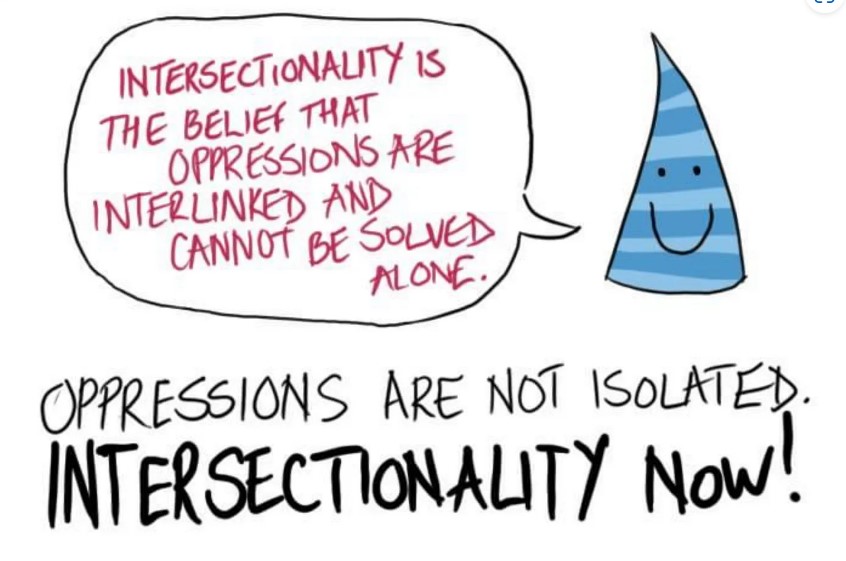It is with a profound sense of duty and an ardent desire to light a spark that I pen down this letter to you today, from a world beyond the physical confines of this life. I write to ignite thoughts, to inspire actions, and to urge you to reflect upon the social imbalance and the quest for intersectionality in our society.
We often hear the refrain that we are all equal, albeit not the same. However, beneath the surface of this widely acclaimed truism, rarely does one delve into the social imbalances woven into the fabric of our demographic dividend. The feminist movement has indeed unlocked myriad doors of opportunities for a considerable number of women. Yet, one must pause and ask, does this include all women?
As of 1st July 2021, Africa’s population was projected to be close to 1.37 billion people, a significant proportion of whom are women and girls. In the context of such an expansive population, it’s vital to remember that women and men have distinct needs, along with varying degrees of access to and control over resources. We are currently in a world that is growing in numbers, making our space ever more congested and our resources increasingly stretched.
Social institutions – the economy, education, politics, health, and religion, all play a pivotal role in perpetuating these imbalances. Economically, we find women more engaged in informal sectors due to factors such as lack of education or greater commitment to familial responsibilities. Meanwhile, the world of education still remains an unattainable privilege for many girls, rather than a universally accessible right.
Moreover, politics and governance procedures are progressively welcoming more women. Still, the representation is far from proportional, especially considering the demographic strength of our youth. Meanwhile, the health system’s response during the ongoing pandemic has starkly highlighted the often-overlooked necessities of women’s reproductive health.
Lastly, religion, with its immense power of influence, often establishes and enforces gender stereotypes that impact society at a fundamental level. This especially becomes a point of contention in cases of child marriage and abuse, where religious manipulation often drowns out voices calling for reform.
So how can we tackle this systemic web of inequalities? The key lies in the concept of ‘Intersectionality’ – an understanding that everyone has unique experiences of discrimination and oppression, which can be based on gender, race, class, sexual orientation, and physical ability. To achieve balance, we must acknowledge that people exist at different levels of privilege or vulnerability, and our societal efforts must account for these intersecting disparities.
I implore you to challenge the capitalist and cultural imperialism that supports social stratification based on gender, status, and class. Instead, let’s use our unique experiences and differing points of privilege to advocate for those less fortunate. For instance, many young girls and women in urban areas have access to resources that could address the prevalent issue of period poverty in rural communities.
Remember, a balanced society is not one where policies supporting women and girls merely exist on paper. A genuinely equal society is one where these policies are actualised. Building such a society may seem like a distant dream, but if we collectively strive, we can shape a world that is not just equal but fair and balanced.
As I write to you from the silence of the grave, my heart echoes the words I once wrote, and my spirit continues to advocate for a world that recognises the true value of every individual. I hope you carry this torch forward, for you are not just the leaders of tomorrow, but the champions of today.
Yours in spirit,
Hazel Jojo

No responses yet